Prototype of 5th generation Apple iPod touch reveals 30 pin port
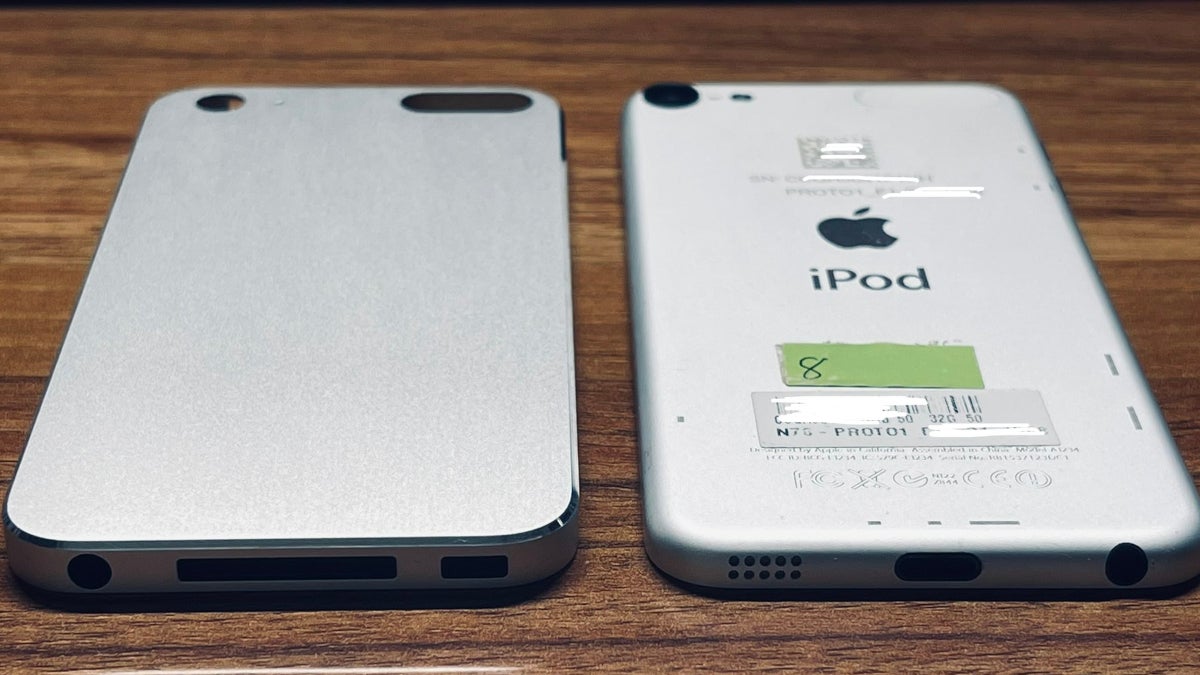
The first Apple iPod touch model to sport the Lightning port instead of the 30 pin port was the fifth generation iPod touch. However, a tweet disseminated by Twitter subscriber Mr·White (@laobaiTD) shows what is alleged to be an iPod touch fifth generation prototype with the 30 pin port on the bottom of its shell instead of the Lightning port. Apple decided to make the change and use the Lightning port after agreeing to make the display larger at 4-inches (LCD) compared to the 3.5-inch LCD screen found on the first through fourth generation models of the iPod touch.
The first iPhone to sport a Lightning port was the iPhone 5 compared to the 30 pin port that was used on the iPhone 4s to charge the battery and transfer data. Not only is the Lightning plug less wieldy than the 30 pin plug, it also is reversible and transfers data at a faster rate than the 30 pin plug does.
iPod Touch 5 30Pin Prototype Shell pic.twitter.com/9pNJoaf5Rm
— Mr·White (@laobaiTD) June 10, 2021
Last month we showed you what is supposed to be a render of the iPod touch (2021) rumored to be released this fall. Similar to the redesign Apple revealed with the iPhone 12 series, the iPod touch (2021) replaces rounded sides with flat sides. There is no sign that Face ID is on board and there is also no sign that Touch ID is under the display or integrated with the power button like it is with the iPad Air (2020).
All you need to do is take a look at the iPod touch fifth generation prototype to see how much better the device (the iPhone and the iPad) looks with the Lightning port instead. So be happy that the "shell" used with the iPod touch in the above tweet was nothing more than a prototype.
The last iPod touch model was the seventh generation version released in 2019 carrying a 4-inch screen and a 640 x 1136 resolution. A 1.2MP FaceTime camera is in front with a rear-facing 8MP camera in the back. A 3.5mm earphone jack is included as is the Lightning port.
Follow us on Google News





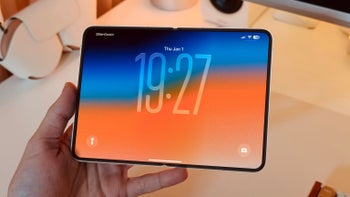


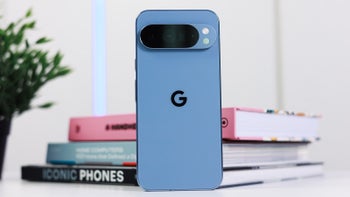

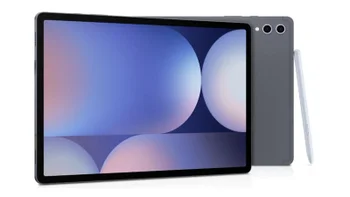

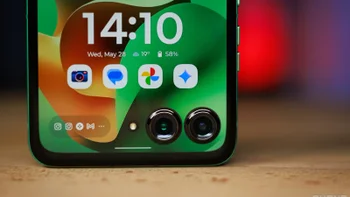
Things that are NOT allowed:
To help keep our community safe and free from spam, we apply temporary limits to newly created accounts: